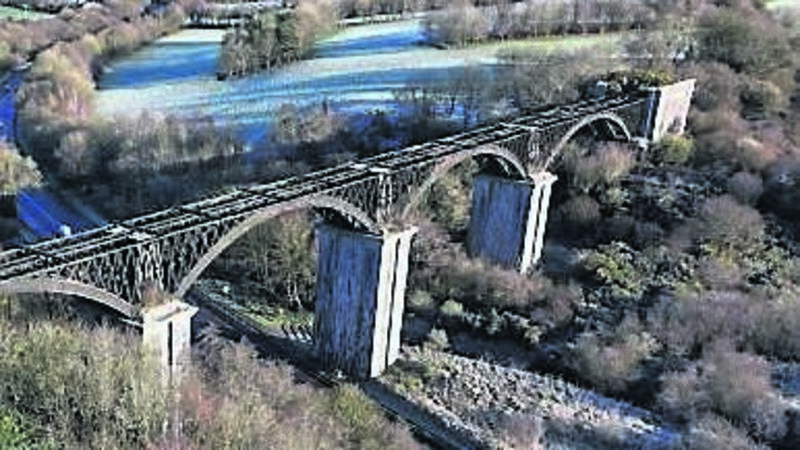Irish Examiner view: Play a long game for the right answer

Tthe Chetwynd Viaduct, which the proposed Cork to Kinsale Greenway project seeks to refurbish.
That old advice that you should never ask a question unless you already know the answer is not solely the province of lawyers exercising their skills in cross examination.
It is equally useful for anyone who has ever tried to run a meeting with dissenting voices and, indeed, politicians a-plenty.
















